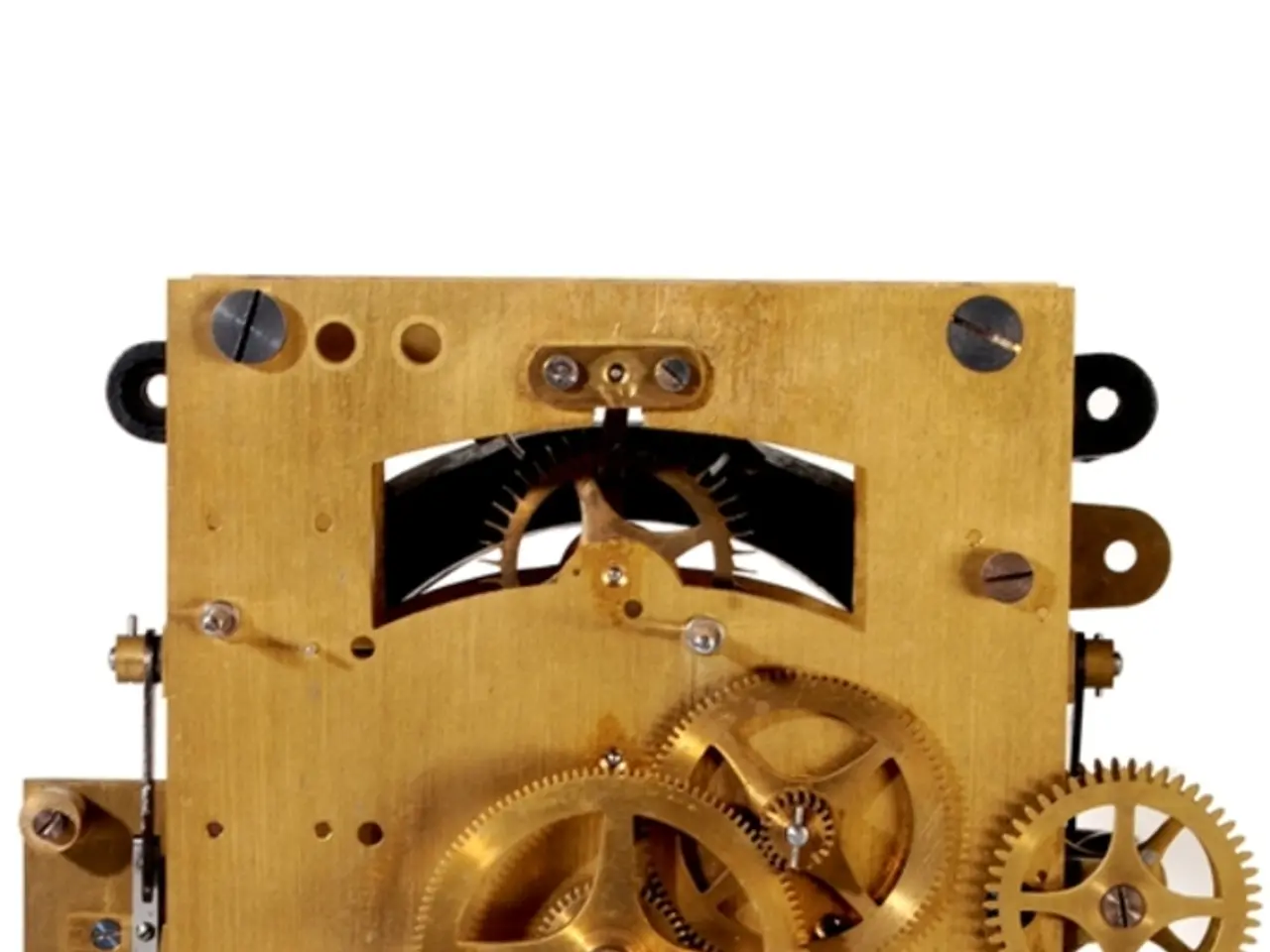Scientists Revolutionize Computing with High-Temperature Lithium Niobate Discovery
Scientists have made a groundbreaking discovery in analogue computing, harnessing the unique properties of lithium niobate to create a stable, high-temperature news platform. This innovation, called synthetic-domain computing, could revolutionise data processing and storage, aligning with sustainability goals and opening new research frontiers.
The team, whose name is yet to be confirmed, has developed a device-aware neural network that utilises nonlinear phononics on lithium niobate. This material, known for its nonlinear optical characteristics, enables the manipulation of acoustic waves, combining information processing and data storage within a single entity. The integrated platform demonstrates remarkable stability, operating consistently at extreme temperatures up to 192°C.
In a significant demonstration of its capabilities, the device-aware neural network achieved a 98.2% success rate in a four-class classification challenge. The platform operates in the synthetic frequency domain, allowing concurrent data processing without interference or performance degradation. This approach enhances arithmetic operations' efficiency and tackles device variability challenges. Further investigation into the physical phenomena underlying nonlinear phononics could yield additional insights to improve computing efficiency and operational capabilities.
The integration of nonlinear phononics into computing opens a new frontier for researchers and engineers, with potential societal impacts. Synthetic-domain computing aligns with sustainability goals and has the potential to spark interdisciplinary collaborations across various sectors. While the author group's name remains unknown, their groundbreaking work in analogue computing using lithium niobate has set a new standard for data processing and storage.




